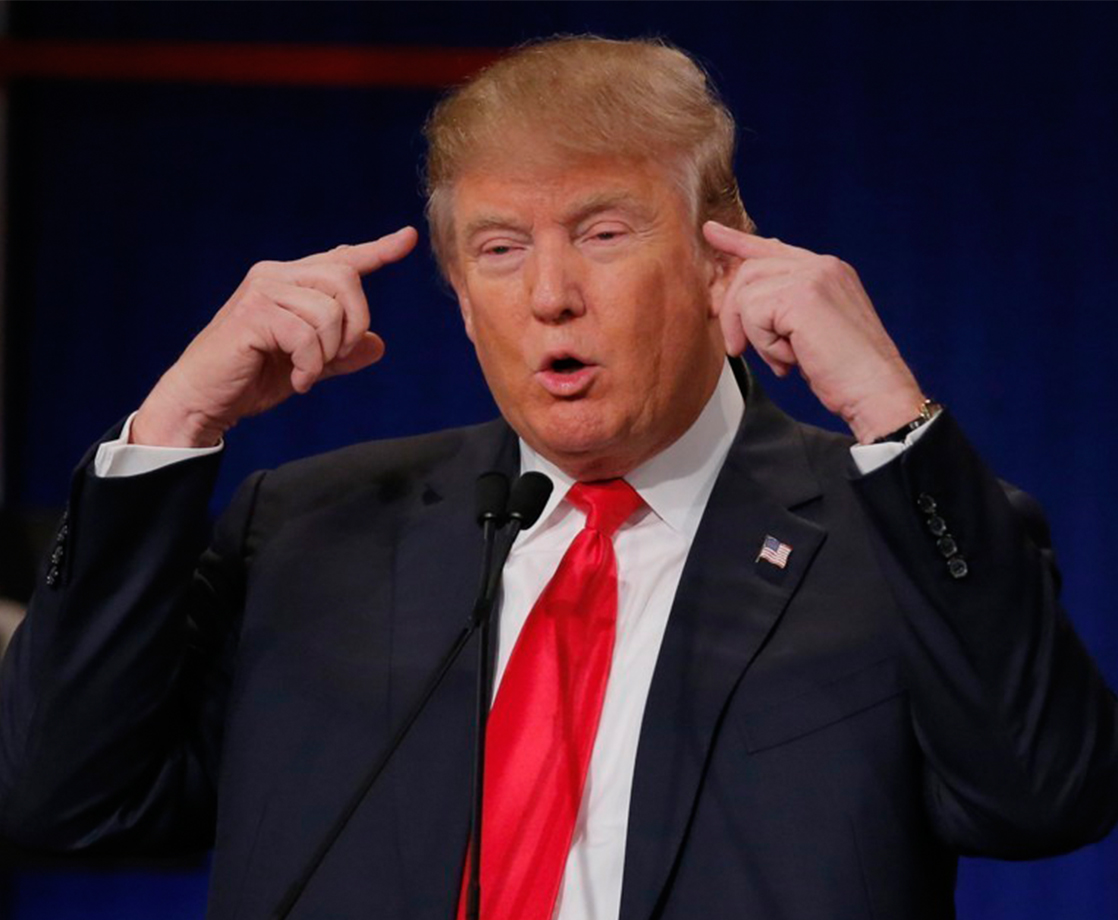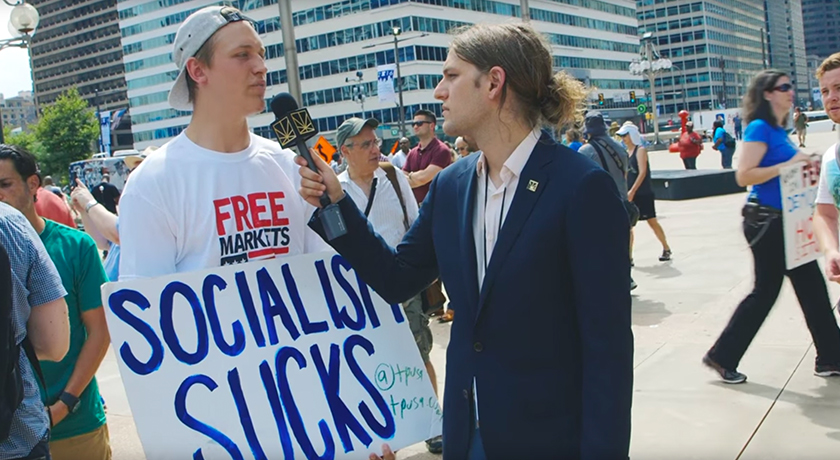The White House Office of National Drug Control Policy (ONDCP) could have a new director by the end of the week, but if Donald Trump has it his way, his newest appointee won't have nearly as much power as his drug czar predecessors.
First reported by CNN, White House deputy chief of staff Jim Carroll will step away from his advisory roll to take over as director of the ONDCP, a job commonly referred to as "drug czar." After more than a year in the Oval Office, the drug czar role is one of many unfilled positions in Trump's administration. The president had previously nominated Pennsylvania legislator Tom Marino for the position in April of last year, before the Representative withdrew his name in October, 2017.
Responsible for advising the White House and Congress on drug policy, Carroll will presumably face immediate challenges, with an opioid epidemic of unprecedented magnitude still sweeping the nation and constantly shifting cannabis reform at the state level. In a statement following Carroll's nomination on Friday, Trump surrogate Sarah Huckabee Sanders said the administration had high expectations for its newest appointee.
"We have full confidence in Jim to lead ONDCP to make significant strides in combating the opioids crisis, reducing drug use, and coordinating US drug policy," Sanders said in a statement. "Fighting the opioid crisis and drug addiction is a priority for this administration. We greatly appreciate Jim for his counsel and leadership during his tenure at the White House and look forward to the future contributions he will make in this new role."
And while those talking points sounded perfectly encouraging on Friday, by the time Monday came around, the Trump administration had already pulled the rug out from under Carroll by proposing a 90% budget cut to the ONDCP.
According to Marijuana Moment, the funding cut is included in Trump's long-awaited 2019 federal spending proposal, and would see the drug czar's office budget sliced from $385 million in 2018 to $29 million in 2019.
In addition to the funding dearth, Trump's proposed budget would largely hand the drug czar's responsibilities, including the controversial High Intensity Drug Trafficking Areas program, to the Department of Justice, giving Attorney General Jeff Sessions even more power over how law enforcement approaches drug crimes.
"This Reagan-era program incentivizes state and local law enforcement to make drug arrests and then send the bill to the federal government, increasing incarceration and allowing states to shirk fiscal responsibility for their actions," pro-legalization advocacy group Drug Policy Alliance said in a press release. "HIDTA should be eliminated, not moved, or at a minimum reformed to ensure the program focuses on high-level traffickers."
The president's budget will most likely be altered heavily before it's passed, and it could see major changes to the ONDCP funding. But withstanding any unforeseen objections, the unnamed White House sources cited by CNN say that Carroll is expected to take over the drug czar role as soon as this Friday. As for what the agency will actually be able to achieve if their budget is decimated next year, only time will tell.
Follow Zach Harris on Twitter











